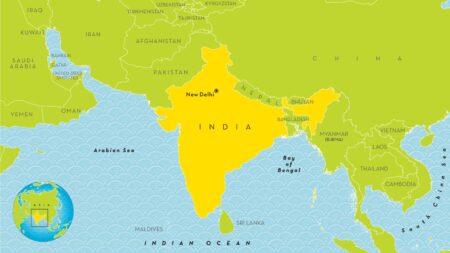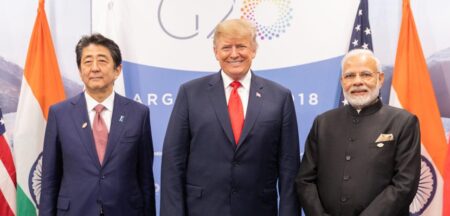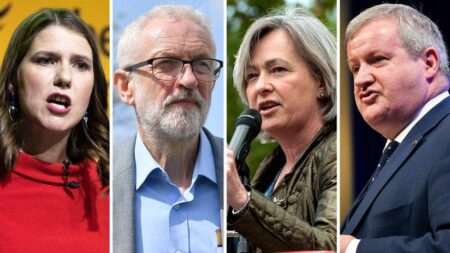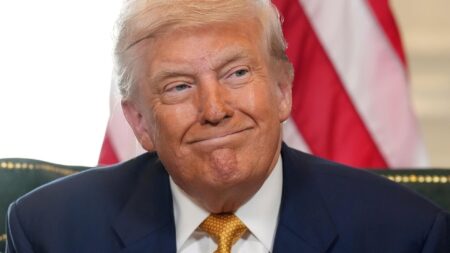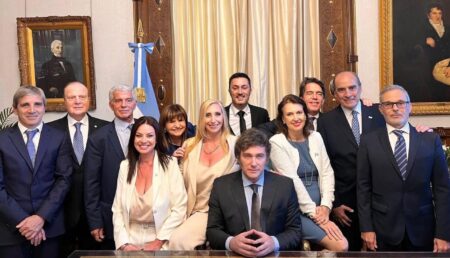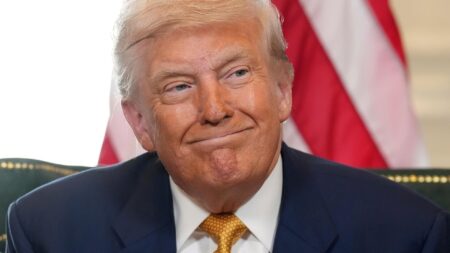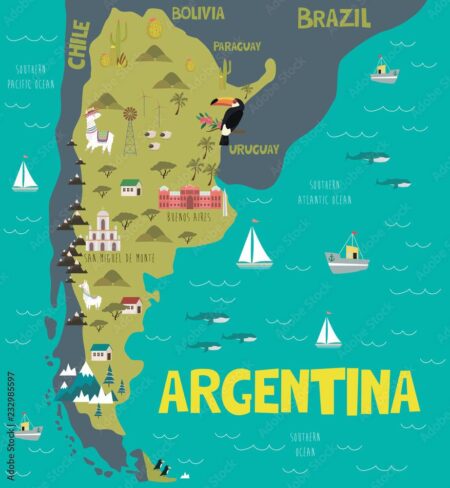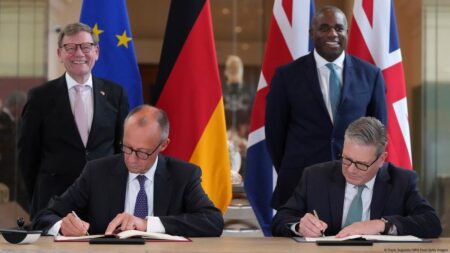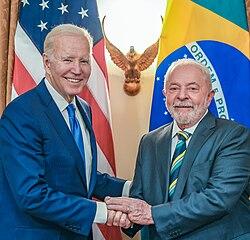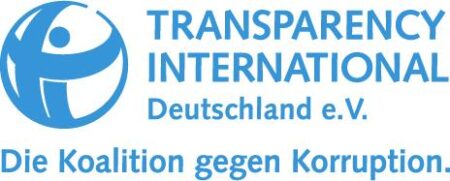Kenya is poised for a surge in economic growth in 2025, fueled by a significant yen-denominated loan secured from Japan, Reuters reports. This vital funding will drive major infrastructure and development initiatives, strengthening the dynamic partnership between the two countries like never before
Browsing: bilateral relations
India and China envoys held pivotal talks focused on preserving border peace and enhancing trade cooperation. This crucial dialogue aims to reduce tensions and strengthen bilateral relations amid ongoing regional challenges, Reuters reports
Japan and Germany have officially joined forces to supercharge economic security amid global uncertainties. This groundbreaking agreement promises to strengthen supply chain resilience and ignite cutting-edge technological collaboration between these two powerhouse nations
Tensions between India and the United States have surged dramatically under Trump’s administration, threatening to unravel years of carefully built partnership progress. Experts are now raising serious doubts about whether this crucial strategic alliance can survive the growing diplomatic pressures and policy clashes
UK opposition parties have unleashed a powerful critique of the proposed trade deal with India, spotlighting urgent concerns over labor rights, environmental protections, and the possible economic consequences, reports East Asia Forum
Donald Trump’s recent policies and rhetoric risk unraveling 25 years of carefully built U.S.-India relations, experts warn. The Carnegie Endowment highlights the potential long-term impact on both strategic alliances and economic collaboration
The Milei government is confident about clinching a tariff agreement with the United States, hoping to strengthen trade relations and spark robust economic growth, Buenos Aires Herald reports. Negotiations are ongoing
Former President Trump’s previously strong connection with India has significantly cooled, as recent policy disagreements and diplomatic tensions usher in a new era for U.S.-India relations, reports The Wall Street Journal
India has resumed issuing visas to Chinese nationals after a five-year freeze, signaling a promising step toward revitalizing bilateral ties. This move aims to deepen people-to-people connections and spark enhanced economic collaboration between the two countries
UK Prime Minister Keir Starmer and Indian Prime Minister Narendra Modi hailed a “historic day” as they signed the UK-India trade deal, marking a landmark moment in their economic partnership and opening the door to even greater collaboration ahead
In a daring and visionary diplomatic feat, one man turned a humble space into a vibrant, fully functional embassy in India, pioneering fresh and imaginative ways to shape the future of international relations
Argentina is inviting businesses to join an exciting trade mission to Morocco, aimed at discovering vibrant growth opportunities, expanding bilateral trade, and deepening the economic partnership between the two countries
The UK and Germany have united through a groundbreaking treaty aimed at supercharging collaboration on security, trade, and climate change. Together, they are forging powerful new bonds to confront the world’s most urgent challenges head-on
Britain and France have once again showcased the power of their strategic partnership amid ongoing geopolitical challenges. United, they emphasize that close collaboration on security, trade, and climate action is vital to securing lasting stability throughout Europe
US-Brazil tensions are escalating as former US President Trump throws his full support behind Bolsonaro and threatens to impose new trade tariffs, igniting concerns over the future of bilateral relations and economic stability, BNamericas reports
Work on the India-funded Thilamale Bridge has now surged ahead to an impressive 60% completion, officials confirmed. This crucial project promises to revolutionize local connectivity and spark major development in the region, with full completion expected by late 2024
President Emmanuel Macron passionately reaffirmed France’s unwavering support for Thailand, declaring, “Thailand can always count on France’s friendship” during a recent diplomatic exchange-underscoring the deep and lasting bond between the two nations, reports Asia News Network
British Foreign Minister is preparing for their inaugural diplomatic visit to TĂĽrkiye, set to strengthen bilateral ties and address key regional challenges. This journey marks a significant milestone in the evolving UK-TĂĽrkiye relationship
The Lowy Institute highlights a growing call for greater transparency in the Australia-US alliance, emphasizing the need for clearer communication and stronger accountability to foster trust amid escalating regional tensions and evolving strategic priorities
Japan has abruptly canceled its upcoming “2+2” security talks with the US, following Washington’s push for Japan to ramp up its defense budget. This move highlights escalating tensions between the two longtime allies, reports Global Times


